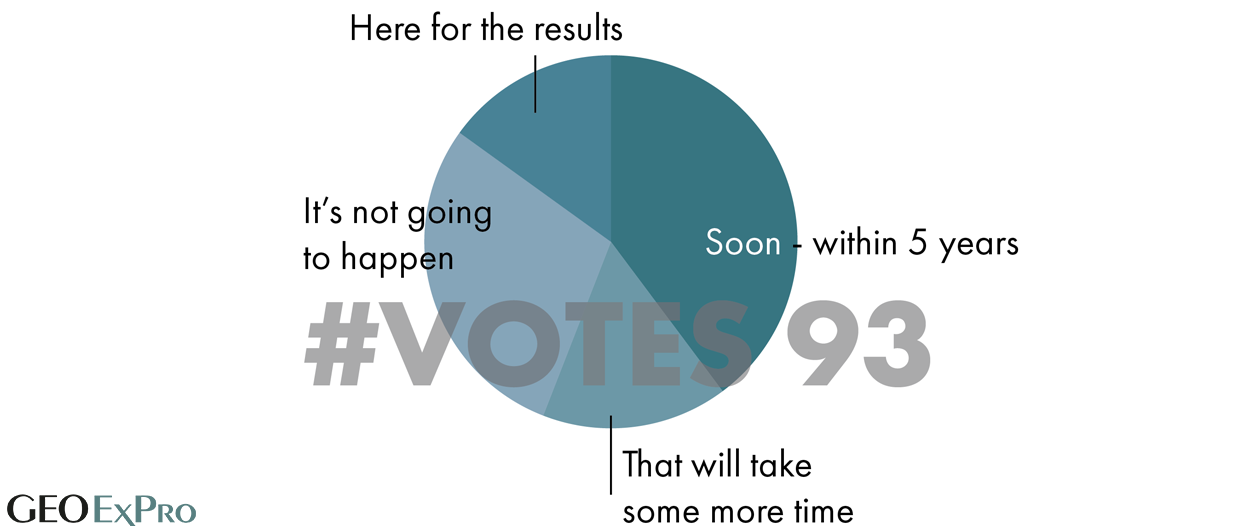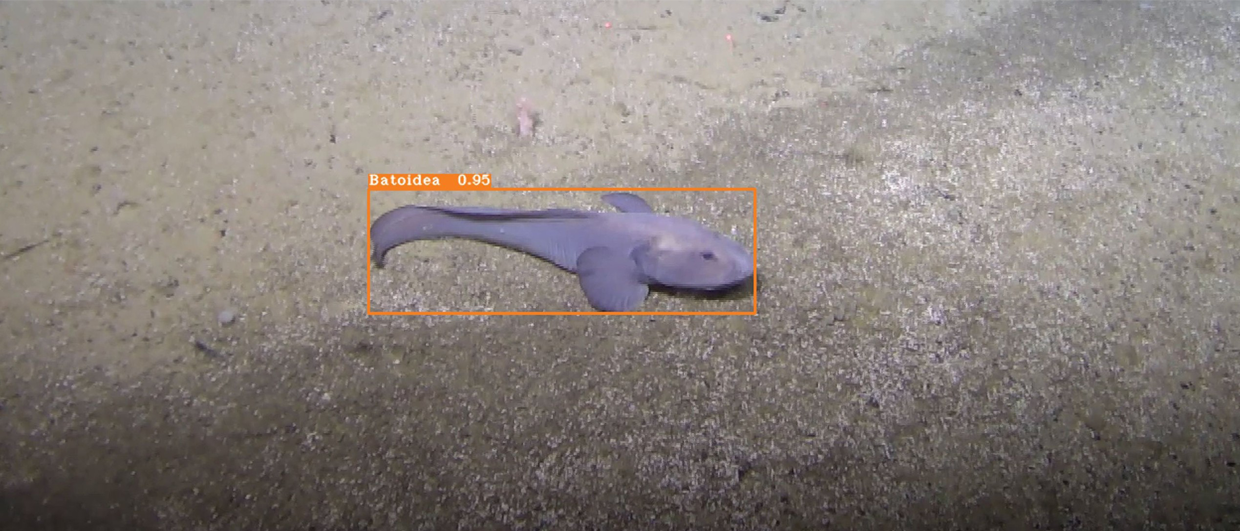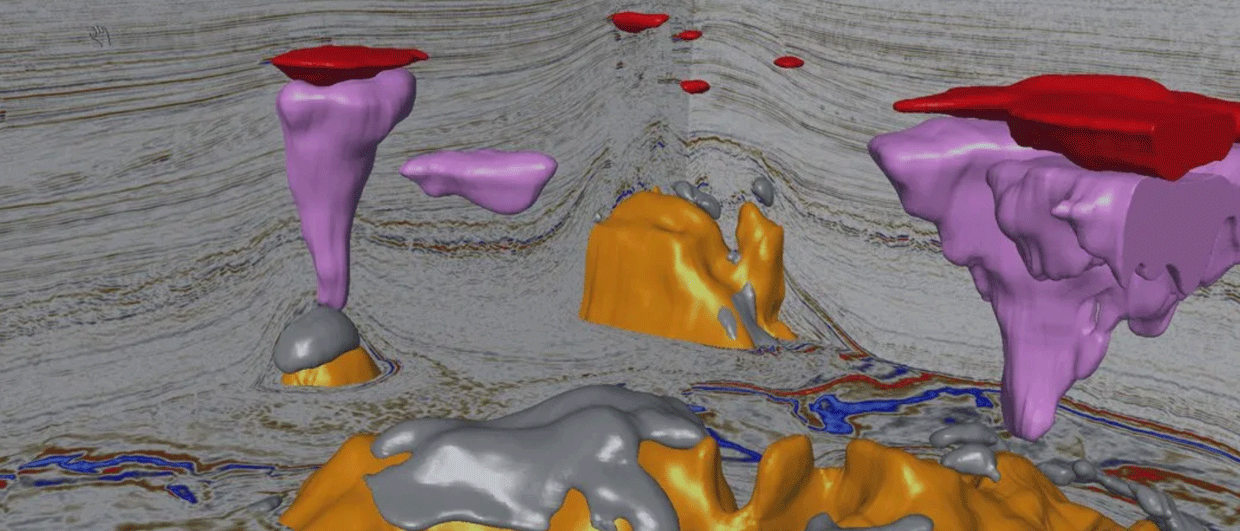There is a buzz around artificial intelligence (AI). With routine tasks being increasingly taken over by machines, to the point that they are better trained than the human eye, when will an algorithm be able to spot a prospect hidden in a cube of seismic data? Exploration directors are eagerly following developments in this field, because who doesn’t want to take credit for having identified a successful prospect based on smartly designed technology?
And it is an intriguing question indeed; will a well-trained algorithm be able to use the combination of rules from the petroleum play handbook in such a way that it cooks up something that most human explorers have never identified as an opportunity to date? Who knows.
I may be wrong, but I don’t see that level of subtlety being likely to be forthcoming within the foreseeable lifetime of our industry.
– Kevin Schofield
Yet, it has to be said that not everybody is convinced of a future in which machines do the exploratory work for us. In a poll that was completed by 93 people, a sizeable group of 27 thinks that it will not happen at all. Fifteen voters think that it will take some more time to get there, be it more than 5 years, but still, 37 people do agree with the statement that within 5 years a drill bit will hit the ground testing a prospect that was identified and de-risked using AI.
Time will tell. If the company being responsible for it will be keen to share the results in the first place.
Black and white
As Alan Foum noted in a comment on LinkedIn: “A scenario in which a combination of traditional exploration and AI is used is a reality for some companies already as a way to check the validity of an identified prospect.” Anton Starovoitov seems to be happier with such an approach than fully trusting AI: “I would not feel comfortable as Exploration Manager if the majority of prospect generation is done by AI”, he commented. Kevin Schofield is more skeptical about the role of AI. Exploration is “not a yes/no answer”, he comments. “I may be wrong, but I don’t see that level of subtlety being likely to be forthcoming within the foreseeable lifetime of our industry.”
Here for the results
As some people take a stronger interest in knowing what others think than throwing in an opinion themselves, we have introduced an option that allows them to see the results of the vote by selecting “here for the results.” Amongst this group of voters, of which there were 13, are some people from fairly high up in exploration with major international oil companies, clearly suggesting that this very topic is indeed being followed by those working in the prospect-chasing business.





